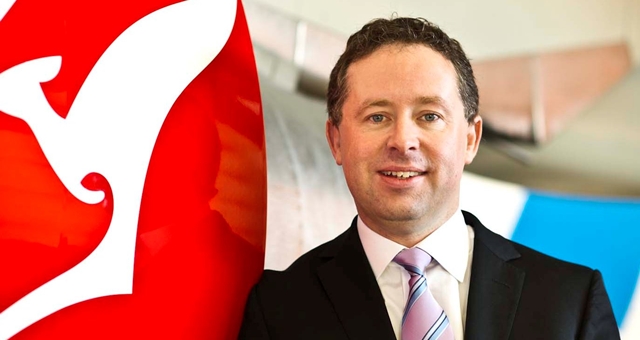By Alan Joyce, CEO, Qantas
There’s been a lot of discussion in Australia over the past few days about whether companies (and CEOs, in particular) should express a view on social issues.
My view is that they absolutely should.
Let’s be clear. A company’s first responsibility is to its shareholders and delivering sustainable returns on their investment. To do that, you’re automatically part of the community you operate in. Society is your customer base. And just because there is money changing hands doesn’t mean it is only ever an economic transaction. There’s an implicit social contract between companies and communities – just ask any brand that has ever been on the receiving end of a boycott.
So let’s assume companies do have a role in the community beyond selling it things. The tricky part is deciding what issues to support.
In the past few years alone, Qantas has given its support widely. Charity flights for drought relief. Awareness raising for homelessness. Transporting volunteer firefighters around the country. Lots of companies do similar things.
Qantas’ identity is the Spirit of Australia, and one of the most fundamental values in this country is the notion of a fair go. That’s why Qantas speaks up on gender equality. And recognising our Indigenous people. And for marriage equality. I have no doubt we’ll add to this list as time goes on.
There is an economic argument for marriage equality, backed by research. In short, more open societies attract better talent.
But basically, Qantas is one of 200 Australian companies that has publicly pledged support for marriage equality because we don’t think some people should have fewer rights than others.
Polls show that’s also what the majority of the Australian community believes – people who are our shareholders, customers and employees. So, we’re comfortable with our position and on speaking out about it.
Let me finish with this. Qantas (and its CEO) is often called on to speak publicly on issues like company tax, industrial relations and trade. And we do. Because these are important issues that ultimately shape what kind of society we live in (which is the point of economics, right?).
We’re pleased to include marriage equality on the list.


